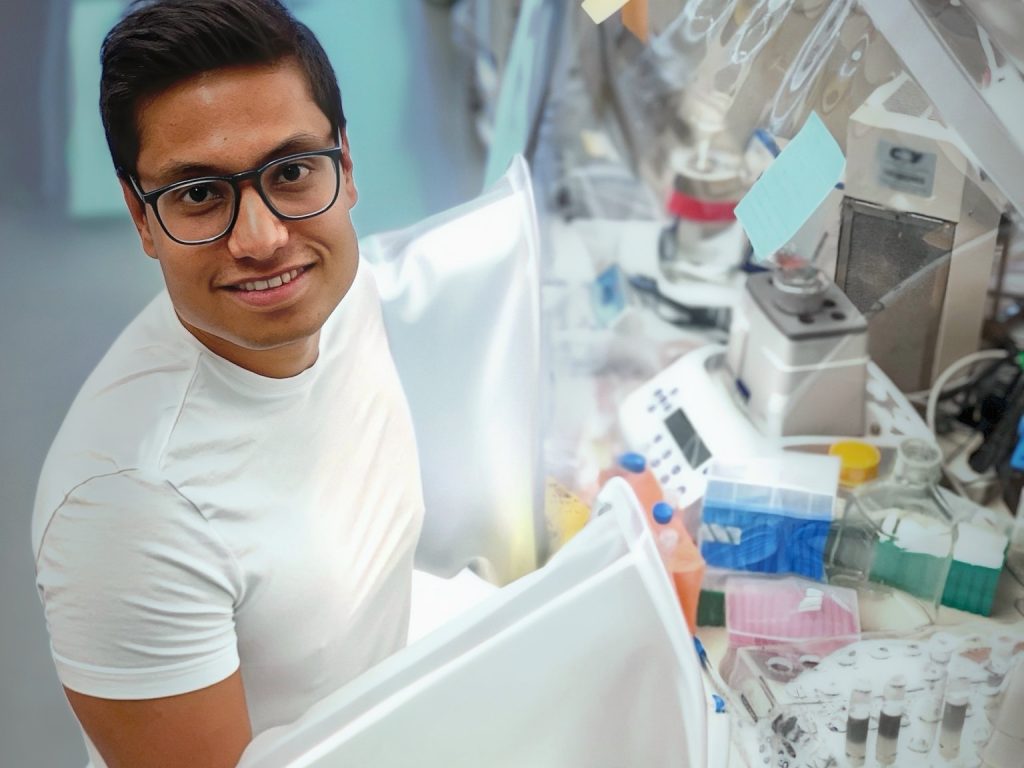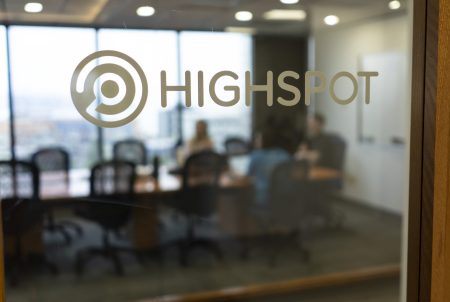A Brilliant Mind’s Unlikely Journey: From Rural India to Biotech Innovator
In a remarkable story of perseverance and scientific passion, Anindya Roy has transformed from a child growing up without electricity or running water in rural India to the co-founder and chief scientific officer of a cutting-edge biotech startup in Seattle. Roy’s journey began with just two suitcases and $2,000 in his bank account when he arrived in the United States in 2008 to pursue his PhD at Arizona State University. Driven by an unwavering love for science that took root in his childhood, Roy had already earned degrees from the University of Calcutta and the Indian Institute of Technology in Kharagpur before making the bold decision to cross continents to further his education. This determination would eventually lead him to a postdoctoral fellowship with Professor David Baker at the University of Washington—a scientist who would later win a Nobel Prize in Chemistry—and ultimately to founding Lila Biologics in 2023, a company at the forefront of AI-powered protein design for medical therapies.
During his time at Arizona State, Roy focused on protein engineering for sustainable energy solutions, but his ambitions pulled him toward applying these skills to medicine. After reaching out to David Baker, Roy found himself touring Baker’s protein creation lab—an experience he describes as akin to a “kid-in-a-candy-shop.” The diversity of computational protein design problems being tackled in Baker’s lab at the University of Washington’s Institute for Protein Design (IPD) captivated Roy, who eagerly joined as a postdoctoral fellow. There, he began exploring revolutionary tools for creating proteins from scratch, eventually focusing on molecules showing promise for cancer treatment and fibrotic diseases. Baker himself recognizes Roy’s exceptional talent, describing him as “a brilliant and determined scientist and innovator who has made key contributions across diverse areas of science.” Similarly, Dr. Sheila Gujrathi, who chairs Lila’s board of directors, praises Roy not just for his innovative thinking but for his “genuine humility” and “sincere kindness and integrity.”
Roy’s scientific journey led him to the IPD’s Translational Investigator Research Program, which provides entrepreneurial scientists with the support and training needed to commercialize their discoveries. Two years ago, Roy and fellow IPD postdoc Jake Kraft licensed the molecule they had developed at the University of Washington and launched Lila Biologics. Despite the success he has found in his research, Roy acknowledges the often slow and frustrating nature of scientific inquiry. To maintain balance, he turns to intense weight training, attends live music shows (including Lady Gaga concerts), and channels his creativity into baking French pastries and tortes of professional quality. In moments of discouragement, Roy finds strength by reflecting on his remarkable life journey: “Whenever I get kind of discouraged or depressed about things, I look back at my career trajectory and how far I’ve come. That does give me a lot of strength.”
Lila Biologics, Roy’s Seattle-based startup, has been making impressive strides in the biotech industry. The company has secured $10 million in investment funding and has already released two AI-powered platforms for creating therapeutic proteins. The first platform focuses on targeted radiotherapy, developing proteins that can precisely bind to tumors and deliver radioactive isotopes directly to cancer cells. The second platform is designed to create long-acting injectable drugs that release medicine gradually over extended periods, potentially transforming treatment regimens from daily pills to monthly injections. In a significant milestone for the young company, Lila announced a collaboration with pharmaceutical giant Eli Lilly in September to develop therapies specifically targeting solid tumors. With a small but talented team of seven professionals, the startup is positioned at the intersection of artificial intelligence and protein design—a revolutionary space in modern medicine.
While Roy has been working in de novo protein design for more than a decade, he maintains a sense of wonder at the technology’s capabilities and rapid evolution. “This is almost like science fiction,” Roy reflects. “Years ago, you never imagined what we are doing right now. You are designing molecules in the computer, and you are putting them in actual living systems, and it’s doing what it’s supposed to do. It is pure science fiction.” This sentiment captures the revolutionary nature of his work—creating proteins that have never existed in nature but can perform specific therapeutic functions when introduced to the human body. Such innovations represent the cutting edge of biomedical research, with potential applications ranging from cancer treatment to addressing previously untreatable conditions.
Despite his success, Roy remains concerned about the future of scientific innovation in America. He expresses gratitude for the U.S. support of basic research that has enabled breakthroughs at universities, institutions, and companies nationwide. However, he worries about potential federal funding cuts under the current administration that could threaten America’s leadership position in scientific innovation. Roy’s perspective is particularly valuable given his international background and firsthand experience with how public investment in scientific research can yield transformative technologies with global impact. His story—from a rural village without basic utilities to the forefront of protein design—serves as a powerful reminder of how scientific talent can emerge from anywhere when given opportunity and support. As Lila Biologics continues to develop potentially life-saving therapies, Roy’s journey stands as testament to the power of perseverance, scientific curiosity, and the impact one brilliant mind can have on addressing humanity’s greatest health challenges.













